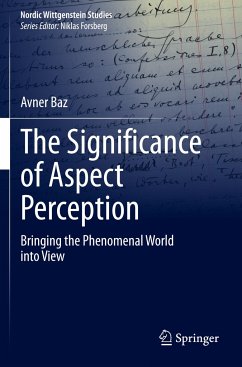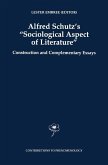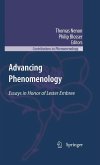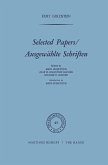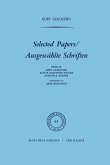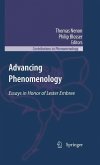In this volume, Baz offers a wide-ranging discussion of Wittgenstein's remarks on aspect-perception, with special focus on Wittgenstein's method. Baz starts out with an interpretation of Wittgenstein's remarks on aspects and continues with attempts to characterize and defend Wittgenstein's approach to the understanding and dissolution of philosophical difficulties. Baz ends with attempts to articulate-under the inspiration of Merleau-Ponty's phenomenology-certain dissatisfactions, both with Wittgenstein's remarks on aspect perception, and with his philosophical approach more generally.
On the way, Baz explores connections between Wittgenstein's remarks on aspects and Kant's aesthetics. He examines ways in which the remarks on aspects may be brought to bear on contemporary philosophical work on perception. He discusses some of the implications of Wittgenstein's work on aspect perception for issues in moral philosophy and the philosophy of action.
On the way, Baz explores connections between Wittgenstein's remarks on aspects and Kant's aesthetics. He examines ways in which the remarks on aspects may be brought to bear on contemporary philosophical work on perception. He discusses some of the implications of Wittgenstein's work on aspect perception for issues in moral philosophy and the philosophy of action.

